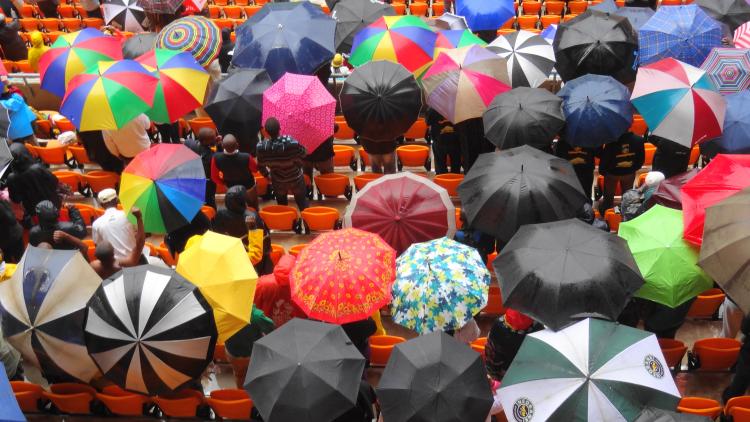Understanding Texts


Key information
- Status
- Module not running
- Module code
- 152900123
- FHEQ Level
- 5
- Credits
- 15
- Department
- School of Languages, Cultures and Linguistics
Module overview
The module provides students with a thorough grounding in the study of texts, both oral and written, with a particular emphasis on textual production in Asia, Africa, and the Middle East. It consists of two distinct units. The first trains students in the fundamental skills of close reading, with attention to the appropriate cultural and historical context. The second unit introduces students to theoretical frameworks—such as analyses of race, gender, colonialism and post-colonialism—within which to situate their textual interpretation. The aim is to equip students with the analytical, presentation and writing skills that are fundamental to textual study, and which will be drawn on throughout their degree programmes. Case studies for the examination of texts are drawn from the cultures of Africa, South East Asia, South Asia, and the Near and Middle East.
Objectives and learning outcomes of the module
On successful completion of this module a student will be able to:
1. Interpret texts through close reading
2. Build written and oral arguments based on textual evidence
3. Demonstrate knowledge of textual genres and techniques
4. Productively apply critical theoritical frames to texts
Workload
There will be one hour of lectures and one hour of tutorials per week.
Scope and syllabus
The module prepares the students for the study of the cultures of Africa, South Asia, South East Asia, and the Near and Middle East mediated through various forms of texts, with an emphasis on oral and written ones. The students must be capable of close analyses of texts, but they also need to be aware of the ways in which human production and reception of texts is conditioned through ideological approaches and in which texts are anchored in their cultures and times.
The module typically examines topics such as:
- texts and textualities
- text and close reading: formal, thematic, stylistic analysis of texts
- text and language, text and genre, figures of speech
- orality, performance, writing
- production of texts, author, audience, reader, reception
- text and theory: postcolonialism, feminism, comparative literature, world literature
Method of assessment
- 30% - Close reading of a text (1,000 words)
- 70% - Group podcast (12 minutes) or group annotated bibliography (1,500 words), plus 250-word document describing individual contributions to the group project
- The exact assessment deadline dates are published on the relevant module Moodle/BLE page
Suggested reading
Readings are subject to change and the most up-to-date information is available on the module BLE page. Readings may include:
Literary texts
- Dangarembga, Tsitsi. Nervous Conditions . London: The Women’s Press, 1988.
- Kincaid, Jamaica. “Girl.” The New Yorker Magazine June 26 1978.
- Orwell, George. “Shooting an Elephant.” New Writing 2 (1936).
- Roy, Arundhati. The God of Small Things . London: Flamingo, 1998.
- Sim, Katherine. More than a Pantun: Understanding Malay Verse (Singapore and Kuala Lumpur: Time Books, 1982.
Critical texts
- Appiah, K. Anthony. “Cosmopolitan Readings.” In Cosmopolitan Geographies , ed. Vinay Dharwadker. London: Routledge, 2001. Pp. 197-228.
- Appiah, K. Anthony. “The Uncompleted Argument: Du Bois and the Illusion of Race.” Critical Inquiry , vol. 12, no. 1, The University of Chicago Press, 1985, pp. 21–37.
- Bassnett, Susan. ed. Translation and World Literature . London and New York: Routledge, 2018.
- Braginsky, Vladimir. .. And Sails the Boat Downstream: Malay Sufi Poetry of the Boat . Leiden: University of Leiden, 2007.
- Brodzki, Bella. Can These Bones Live? Translation, Survival, and Cultural Memory . Stanford: Stanford UP, 2007.
- Felski, Rita. The Limits of Critique, 2017.
- Long, Nicholas J. “Rhyme and Reason in the Malay Archipelago.” The Cambridge Journal of Anthropology 27 (2007/8), 19-35.
- Loomba, Ania. Colonialism/Postcolonialism , Routledge, 1998.
- Saussy, Haun. The Ethnography of Rhythm: Orality and Its Technologies . New York: Fordham University Press, 2016.
Disclaimer
Important notice regarding changes to programmes and modules




